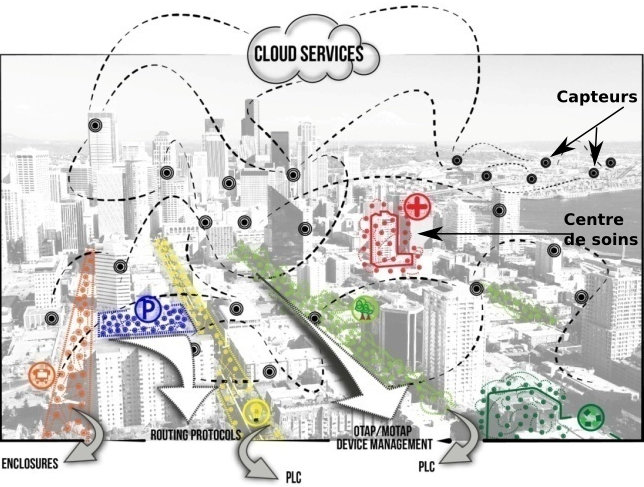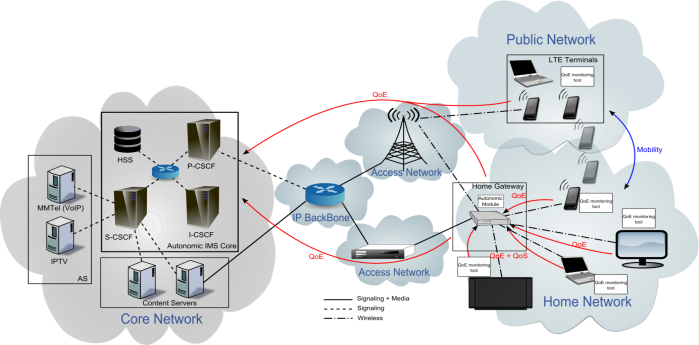About Us
Who are we ?
Team of Intelligent Control for Network (TincNET – Equipe de Recherche dans le Contrôle Intelligent dans les Réseaux (CIR)) is a part of Laboratoire Images, Signaux Et Systèmes Intelligents (LISSI), University of Paris-Est Créteil (UPEC), which is leaded by Prof. Abdelhamid Mellouk. The research developed in TincNET has as a general framework the control of communication systems.
This area of research is linked to the scientific challenges resulting from the changes observed in the increasing use of information technologies in our daily lives and in all sectors of activity. The advent of so-called intelligent terminals (smartphones, tablets, etc.) and new networks (sensors networks, home networks, vehicular networks, etc.) generates new behaviors, new uses and new application possibilities.
In this context, TincNET develops methodological and algorithmic approaches for the adaptive control of communication systems in order to better control the service offered to the user. This work is approached according to two convergent objectives: on the one hand, to make these systems capable of adapting to their environments which are inherently dynamic and sometimes unknown and on the other hand, to respond as well as possible to the constraints imposed by the terminal application .The methods developed are mainly based on automatic learning and control theory.
The originality of our work lies in the fact that we exploit not only information relating to data, control and management plans but also knowledge, acquired or learned by deductive or inductive inference, on the current state of the Network (traffic, resources, application rendering, etc.). Our work is mainly focused on the study of routing in communication systems in connection with certain functionalities such as deployment, energy saving and resource allocation.
The “Highly Dynamic Networks” theme deals with the control of networked systems. The aim here is to develop control approaches for different types of networks (wired or wireless networks, core or terminal networks, sensor networks), in particular in routing mechanisms, sensor network deployment or the allocation of communication resources to applications.
The aim of all this work is to propose adaptive mechanisms for data transport, taking into account endogenous or exogenous contextual parameters impacting the network: those originating from the infrastructure used (link capacity, latency, jitter, loss rate, etc.), those linked to the traffic (type, quantity, etc.) and those correlated to the terminal and application used (level of criticality, computing capacities, etc.).

The “Users” theme focuses on the development of tools and approaches for optimizing the quality of service (QoS) offered by a system (the network), taking into account, on the one hand, the user’s perception or level of satisfaction (Quality of Experience) with the quality of service (user application) offered to him/her, and on the other hand, the dynamic parameters characterizing network operation (traffic, delay, etc.).
The control mechanisms developed are used in the following key functions: routing and resource allocation. To make these controls deployable on a large scale, the team is working to combine them with techniques from the Software-Driven Networking (SDN) and Information-Centric Networking (ICN) paradigms.

TincNET has participated in several R&D national and international projects, and illustrated its skills through a successful demonstration of project achievement in the form of demos, and a large number of scientific publications in high-ranking international journals and conferences. Recently, TincNET group received a several Celtic-plus Awards for European IPNQSIS, TILAS and NOTTS projects.
